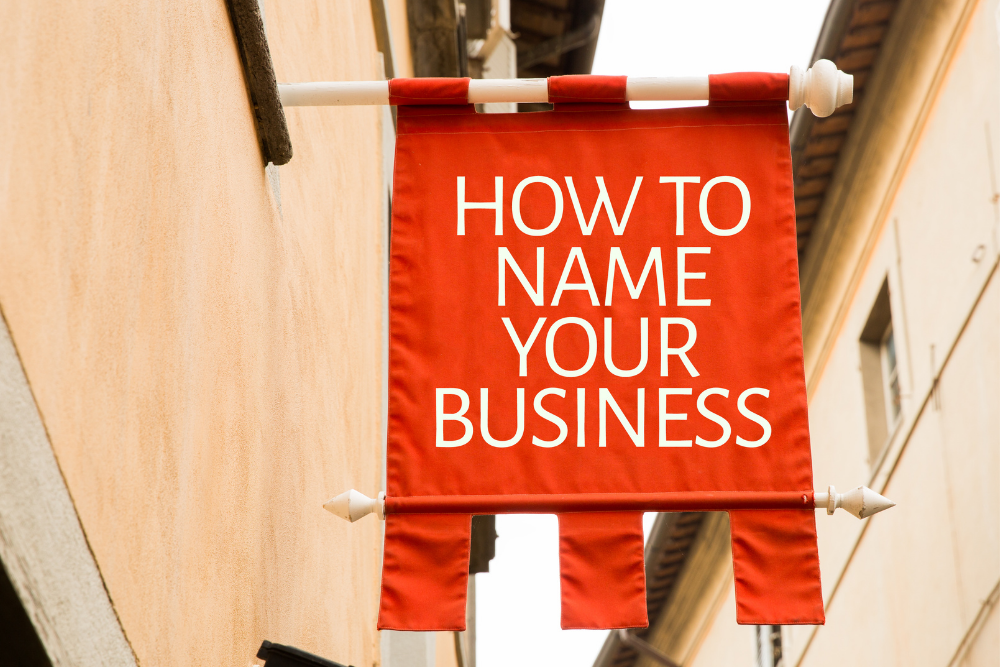A trademark is defined as a symbol, word, or words legally registered or established by use as a source identifier of a company or product. The name of your business most often will serve as a trademark for your business.
In other words, if you provide a good product or service and stay in business long enough, consumers will look at the name of your company and think about the product or service you sell. A few examples include: NIKE shoes and athletic apparel, STARBUCKS and coffee, and APPLE and computers.
Unfortunately, all too often, business owners do not give much thought to the name of their new business. However, there is one big mistake that every new business owner should actively strive to avoid: choosing a name for their business that is similar to one of their competitors.
What Happens When Competitive Businesses Choose Names That Are Too Similar?
This past month, I encountered two businesses that adopted business names that are similar to already-established competitors. This is a huge problem because it causes consumer confusion and usually leads to a lawsuit in federal court for trademark infringement.
Trademark infringement occurs if you use an identical or similar trademark of your competitor and consumers are likely to be confused as to the source of the products or services. In other words, almost exactly what we defined the problem to be above when two competitive businesses have similar names.
Intentionally Picking a Name Close to a Competitor’s Is a Really Bad Idea
Sometimes, new business owners intentionally select a name that is similar or identical to a competitor. Typically, this is done because the new business owner is hoping to attract the competitor’s clients and customers.
On its face, this makes sense… in a weird way. After all, if customers like that other business and associate them with quality products or services, riding their coattails in this way could help you make some quick sales.
Despite this, however, it is an incredibly bad idea and I strongly recommend against it. There are many reasons for this, but one of the biggest is that doing this would be considered intentional and/or willful infringement — which, if proven, allows a judge to issue very large fines against the infringer. This is definitely not something you want as a business owner just starting out.
How Should You Choose Your Company Name?
Do not try to ride the coattails of a competitor. Instead, take the time to distinguish your new business in commerce, and choose a company name that will be a strong brand your customers/clients recognize and associate with your business.
Finding a strong name for your new business may take a few days, weeks, or even months of brainstorming, creative thinking, conducting trademark clearance searches, and testing out names on friends and family members — but it is worth it.
Once you select the new business name, make sure you protect it with a trademark registration in the state you are doing business and/or with the United States Patent and Trademark Office. I promise you that it will save a lot of time, money, and heartache if you take the time to do it right.
